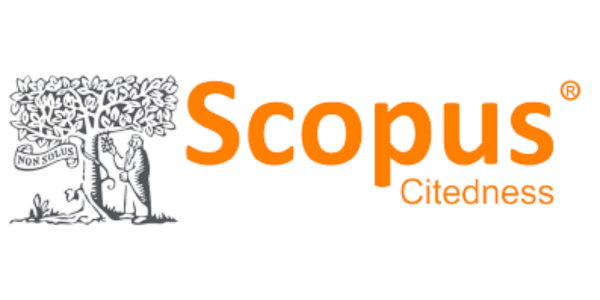GAJI PENDIDIK DALAM TEORI-TEORI PENDIDIK
DOI:
https://doi.org/10.21274/dinamika.2015.15.1.81-104Abstract
Viewing educator as a "profession" means considering not only the compliance of elements and scientific procedures but also the fulfillment of salaries for professional staff. Payroll practices of educators had been institutionalized in medieval Islamic educational system, although the institutionalization process had invited controversy among scholars. Along with the institutionalization of the payroll practices of educators, educational theories evolved toward a discussion of issues of the competences of educators who make teaching activities as a "profession". The historical experience of Muslims can give us a lesson for resolving the problems of professionalism of educators today.Kata kunci: Teori, Gaji, PendidikReferences
Affandi, Mochtar., 1990, The method of Muslim learning as illustrated in al-Zarnuji‟s Ta‟lim al-Muta‟allim, MA thesis, Montreal: McGill University.
Ahmad, Muhammad abd al-Qadir, 1986, Ta‟ilm al-muta‟allim thariq al-ta‟allum, Beirut: Mathba‟at al-Sa‟adah.
Ahmed, Muniruddin, 1968, Muslim education and the scholars‟ social status, Zurich: Verlag Der islam.
Al-Dzahabi,1990, Mu‟jam al-Suyukh, Beirut: Darul Kutb al-ilmiyah.
Al-Ghazali, Ihya‟ ulumu al-din, Juz 1, Semarang: Karya Thoha Putra.
Al-Zarnuji, Burhanuddin, 1987, Ta‟lim al-muta‟allim thariq al-ta‟allum,Beirut: Daar Ibn Katsir.
Al-Kinani, Ibn Jama‟ah, 1353 H, Tazdkirat al-Sami‟ wal mutakallim fi adab al-„alim wal‟muta‟allim, Haydarabad: Jami‟ah Dairah al-ma‟arif „utsmaniyah.
Al-Subki, Taj al-Din, 1905, Tabaqat al-Shafi‟iyah Kubro, VI,Kairo: Mathba‟at al-Husainiyah.
Asari, Hasan, 1993, The educational thought of al-Ghazali theory and practice, MA Thesis, Montreal: McGill University.
Bulliet, Richard W, 1994, Islam the view from the edge, New York: Columbia University Press
Chamberlain, Michael, 1994, Knowledge and social practice in Medieval Damascus 1190-1350, Cambridge: Cambridge University Press.
Grunnebaum, G.E. Von, dan T.M. Abel, 1947, Instructions for student, the methods of learning, New York: King Crown Press.
Hornby, A.S.,1994, Oxford Advanced Learner‟s dictionary,Oxford: Oxford University Press.
http://www.prenhall.com/rm_student/html/a_gloss.html
Makdisi, George, 1961, “Muslim institution of learning in eleventh century Baghdad,” BSOAS 24 : 1-56.
Makdisi,George, 1981, The rise of colleges institution of learning in Islam and the West, Edinburgh: Edinburgh University Press.
Moleong, Lexy J. 1990, Metode Penelitian Kualitatif Bandung: Remaja Rosda Karya.
Muhadjir, Noeng, 1998, Metodologi Penelitian Kualitatif , Vol. III.,Yogyakarta: Rake Sarasin.
Nata, Abuddin, 2001, Perspektif Islam Tentang Pola Hubungan Pendidik Murid (Studi Pemikiran Tasawuf Al-Ghazali), Jakarta: PT. Raja Grafindo Persada
Nata, Abuddin, 2003,Pemikiran para tokoh pendidikan Islam, Jakarta: Grafindo Persada.
Plessner,M, 1934, “Al-Zarnudji” Enzyklopaedia des Islam, Leiden: E.J. Brill.
Shalabi, Ahmad, 1954, History of Muslim Education, Beirut-Lebanon: Daar al-Kashshaf.
Tibawi, A.L. 1962, “Origin and character of al-madrasah,” BSOAS 25.
Tibawi, A.L., 1979, Islamic education its tradition and modernization into the Arab National System,London: Luzac.
Watt, W.Montgomery, 1963, Muslim intellectual: A Study of al-Ghazali, Edinburgh: Edinburgh University Press.








